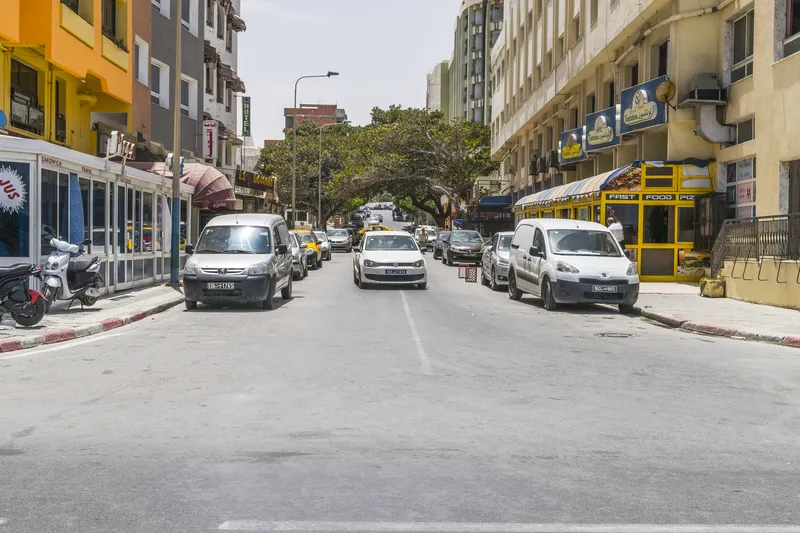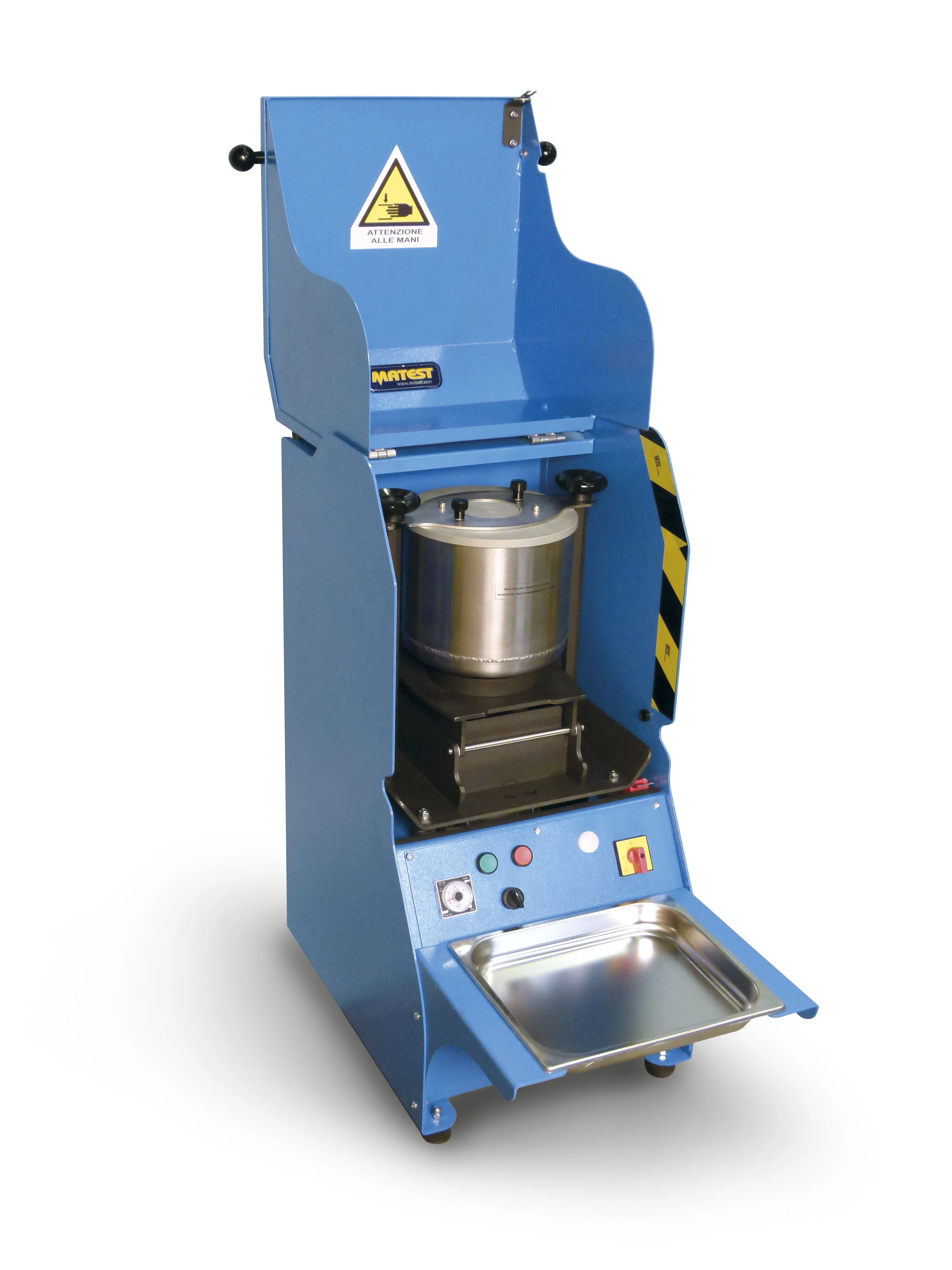Construction work started in November on the last part of the Trans-Sahara Highway connecting the Algerian capital Algiers to the Nigerian capital and port Lagos.
The final section of the 4,500km route is a 225km stretch connecting the town of Arlit in landlocked Niger to the Algerian town of In Guezzam on Niger’s northern border with Algeria. Airlit is a major industrial town built around the area’s uranium mines.
The first 125km of the 225 section are being built by Algerian firm EPBTH in association with a Nigerian partner. It is expected that the final 100km will be won by the publicly owned Algerian firm EVSM.
Niger has 985km of the highway of which 655km is paved but reportedly in poor condition. Around 1,200km lie in Nigeria. Roads through the Sahara desert are dangerous and upgrades should improve safety and reduce injuries and fatalities.
There is also an additional 3,600km of east-west linked highways to Tunisia in the north, Mali west of Niger and Chad to the east that are considered integral to the success of the north-south Trans-Sahara Highway. <%$Linker:
When completed, the Trans-Sahara Highway will connect the Mediterranean coast to Africa’s Atlantic coast and is expected to bring significant economic benefit to the region as well as to the local economies of the areas through which it passes. Mali and Niger are two of the poorest nations in Africa as it will help boost trade, which is also crucial for improving stability.







